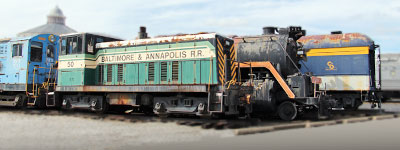
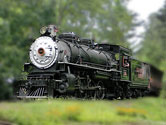
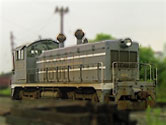
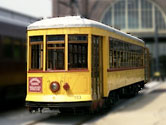
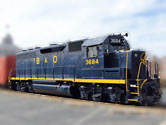
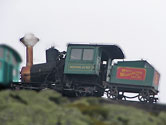
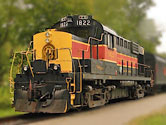
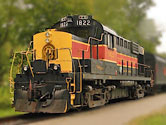
 George L. Carter Railroad Museum
George L. Carter Railroad Museum

 Devoted to the region’s historical ties to railroads, the museum is dedicated to the memory of George L. Carter who built the Clinchfield Railroad through 277 miles of mountainous terrain to carry coal from historic prototype railroad memorabilia Eastern Kentucky to the Carolina Piedmont. In 1909, when the state’s selection committee visited the area while searching for a site for a proposed teachers college, Carter offered his 120-acre farm and $100,000 toward the establishment of the normal school, which became East Tennessee State University.
Devoted to the region’s historical ties to railroads, the museum is dedicated to the memory of George L. Carter who built the Clinchfield Railroad through 277 miles of mountainous terrain to carry coal from historic prototype railroad memorabilia Eastern Kentucky to the Carolina Piedmont. In 1909, when the state’s selection committee visited the area while searching for a site for a proposed teachers college, Carter offered his 120-acre farm and $100,000 toward the establishment of the normal school, which became East Tennessee State University.
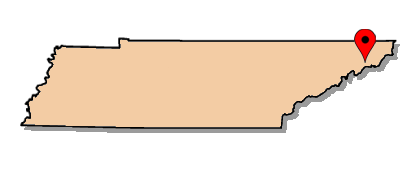
 ocated on the campus of East Tennessee State University, the George L. Carter Railroad Museum features historic prototype railroad memorabilia connected to the region, toy trains and model railroading locomotives, rolling stock, and structures. Four large operating layouts in three different scales are maintained in the museum's 5,000 square feet of exhibit space. The museum's model railroad layouts are operated by volunteers from the Mountain Empire Model Railroader club. In addition, two railroad historical societies are affiliated with the museum: the George L. Carter Chapter of the National Railway Historical Society and the East Tennessee & Western North Carolina Railroad Historical Society.
ocated on the campus of East Tennessee State University, the George L. Carter Railroad Museum features historic prototype railroad memorabilia connected to the region, toy trains and model railroading locomotives, rolling stock, and structures. Four large operating layouts in three different scales are maintained in the museum's 5,000 square feet of exhibit space. The museum's model railroad layouts are operated by volunteers from the Mountain Empire Model Railroader club. In addition, two railroad historical societies are affiliated with the museum: the George L. Carter Chapter of the National Railway Historical Society and the East Tennessee & Western North Carolina Railroad Historical Society.

Click to see the George L. Carter Railroad Museum plotted on a Google Maps page
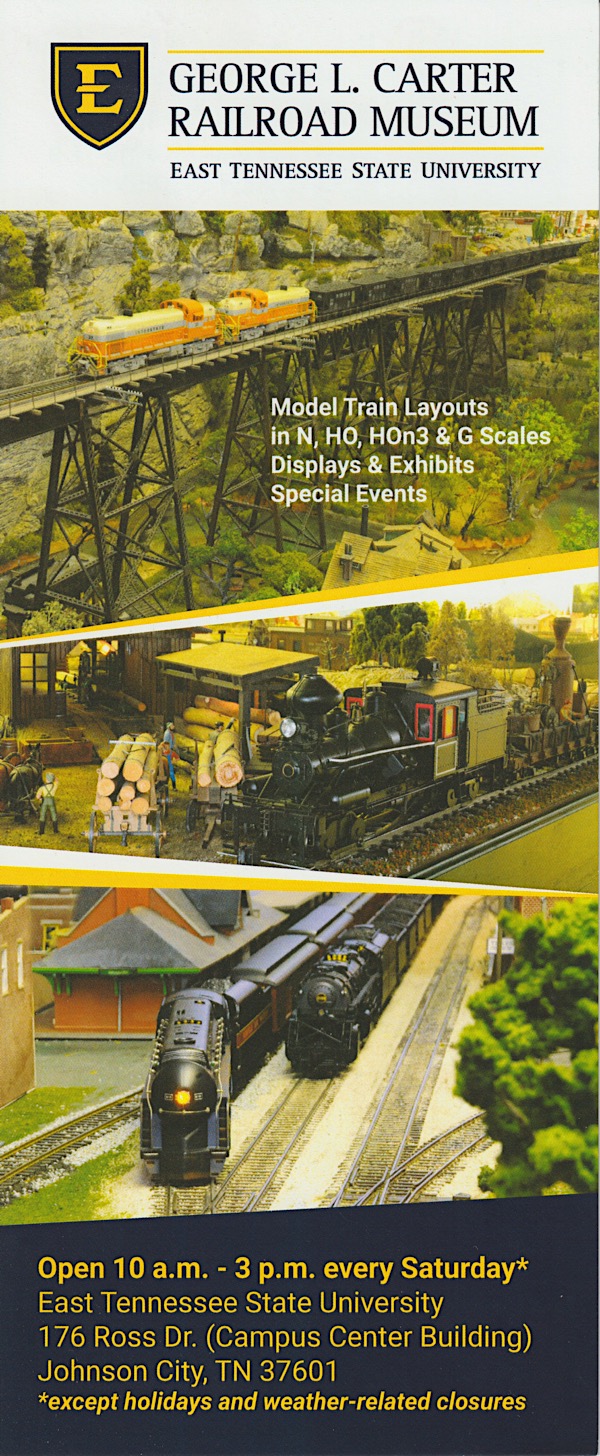
2018 brochure / collection
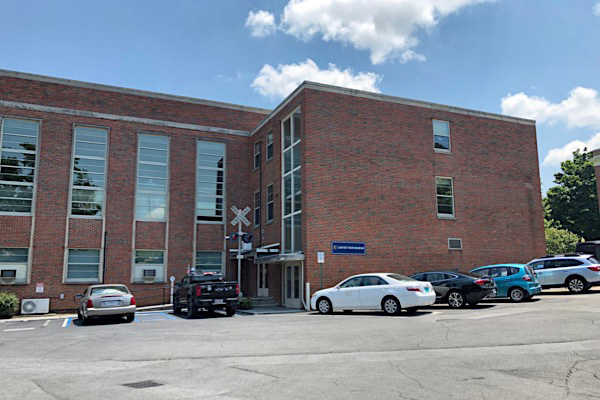
Johnson City, Tn / Jun 2018 / RWH
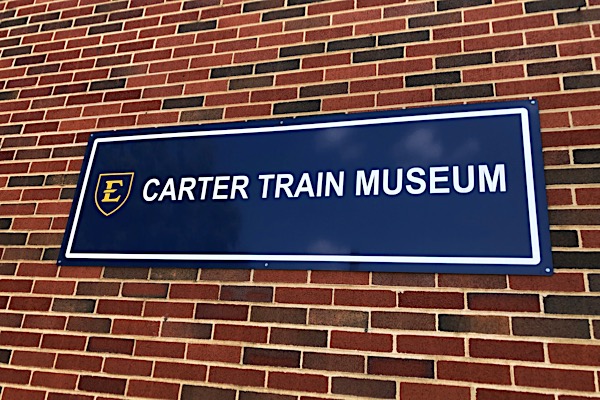
Johnson City, Tn / Jun 2018 / RWH
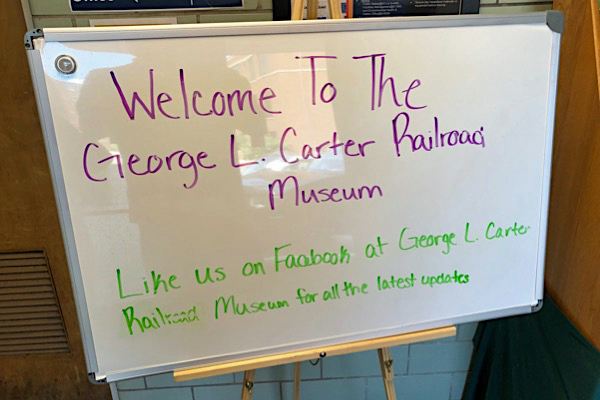
Jun 2018 / RWH
Tweetsie Layout
A cornerstone of the museum's interpretation of railroads of the eastern Tennessee region is a narrow gauge HOn3 layout of the venerable East Tennessee & Western North Carolina steam operation -- known as the "Tweetsie" -- which seeks to recreate in scale scenes and scenery from the railroad's run between Johnson City, Tennessee, and towns in the mountains of western North Carolina.

See also our East Tennessee & Western North Carolina scrapbook in Shortlines

The mountains of east Tennessee and western North Carolina were noted for rich natural resources. The George L. Carter Railroad Museum is recreating in miniature of a special and beloved little railroad that once served the rich ore deposits of Cranberry, N.C. from its Johnson City terminus.
Named the ET&WNC but noted as the Tweetsie for its diminutive equipment, this was a 3' or narrow gauge line that served many communities before better roads made them easily accessible. Even today, portions of the original trackage remain in the Doe River Gorge, the right-of-way became part of Route 19E as well as the local 'Tweetsie Trail' for recreation, and its original depot is now the site of the YeeHaw Brewing Company.
This layout takes up the majority of the Ken Marsh Hall, a room that measures 1300 square feet. Under construction now, our HOn3 layout will be the largest representation of this railroad in the world once completed. Featured prominently in both local and national media, the Carter Museum's 'Tweetsie' display is accurate to scale in most of its historical structures and also gives a practical demonstration of the rigors of mountain railroading, as it features a true ruling grade to climb from the Johnson City yards to the ore mine.
Also already on display in the Marsh Hall are unique, one-off artifacts from the original business, some dating to the beginning of the 20th century. The final part of the museum's interest in this project has been the preservation of real material like paperwork and photographs from this enterprise, which has come from many local individuals who have recognized the importance of saving it for generations to come.
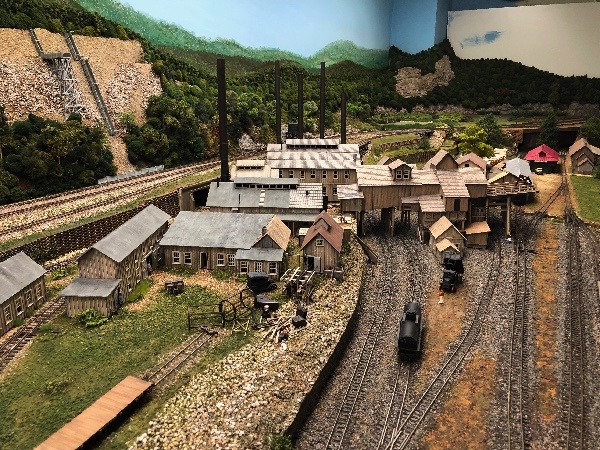
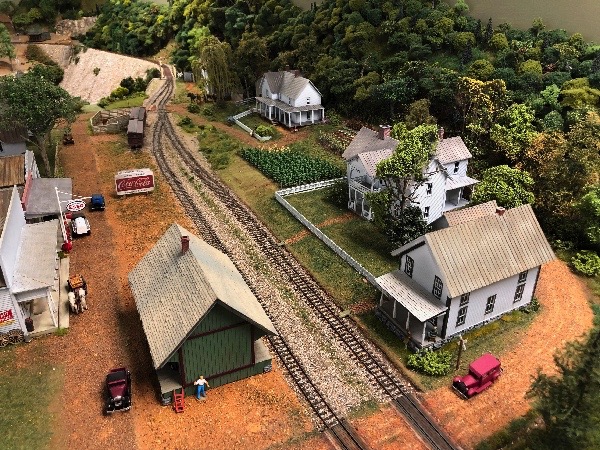
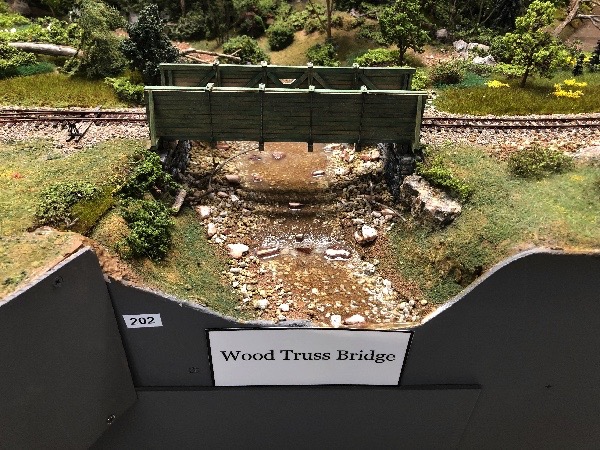
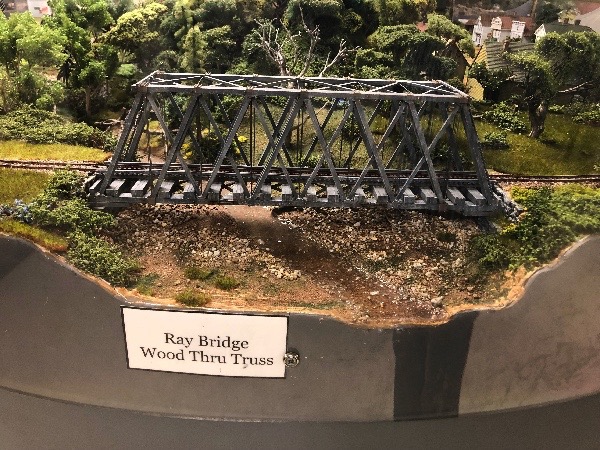
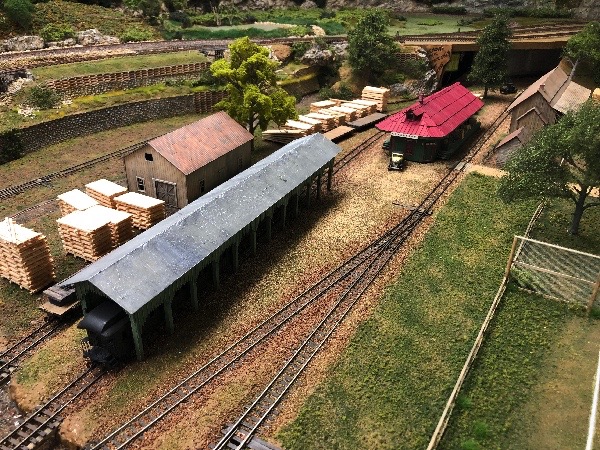
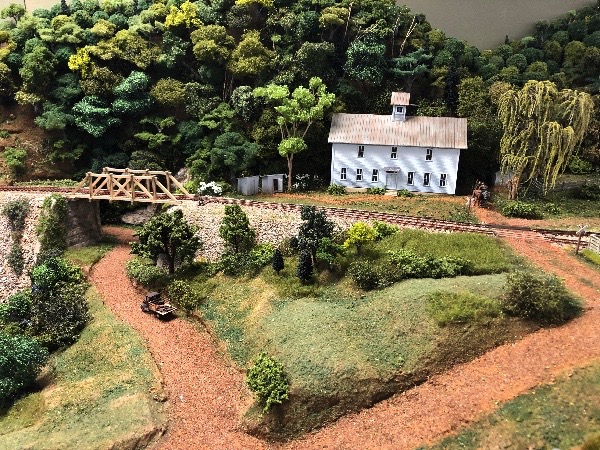
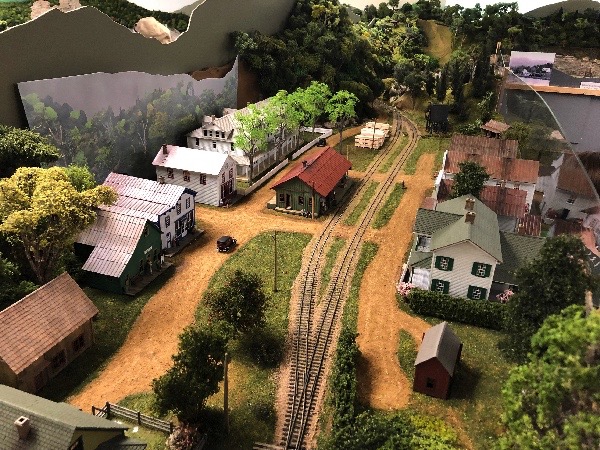
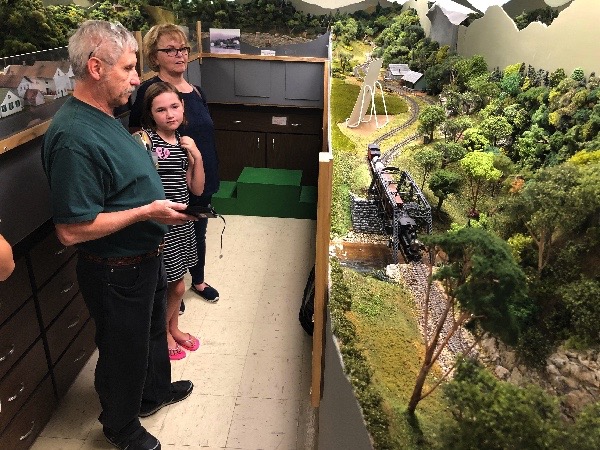
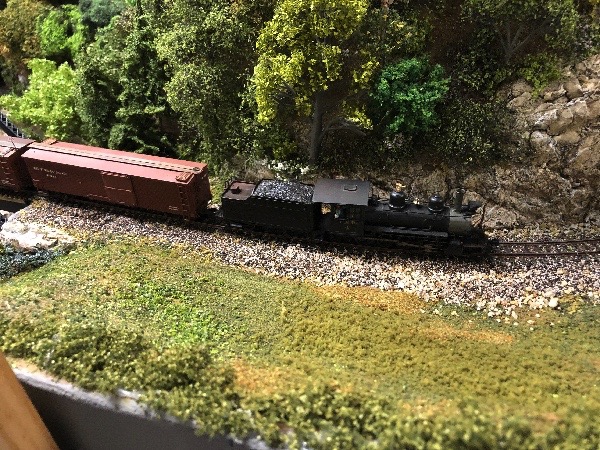
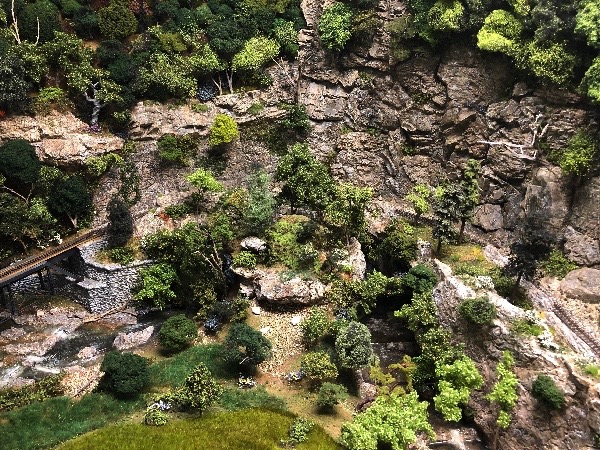
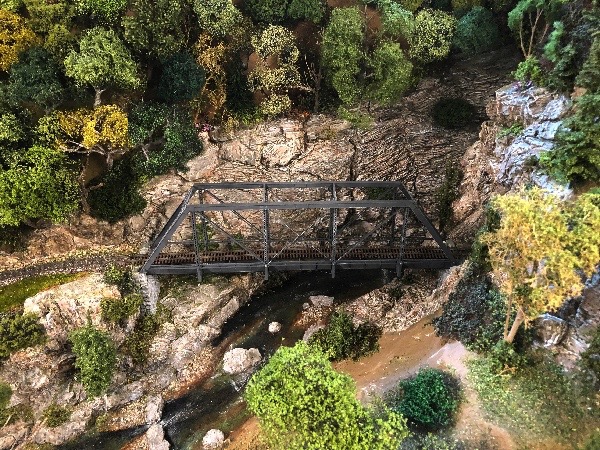
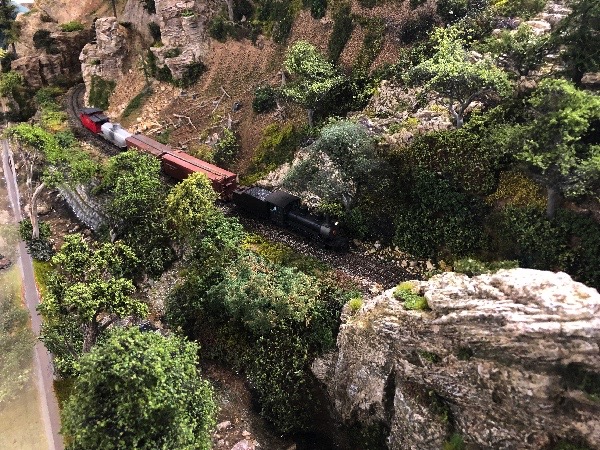
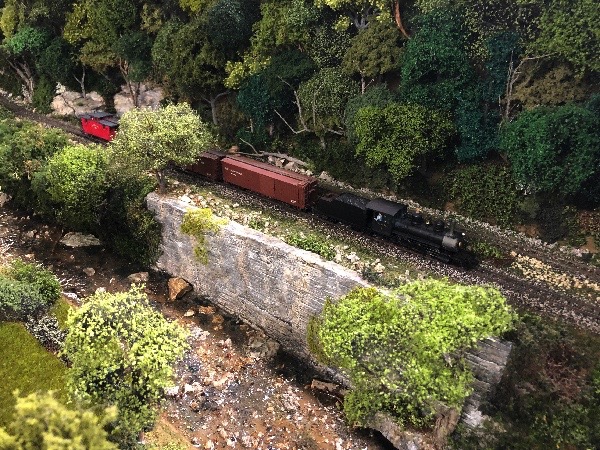
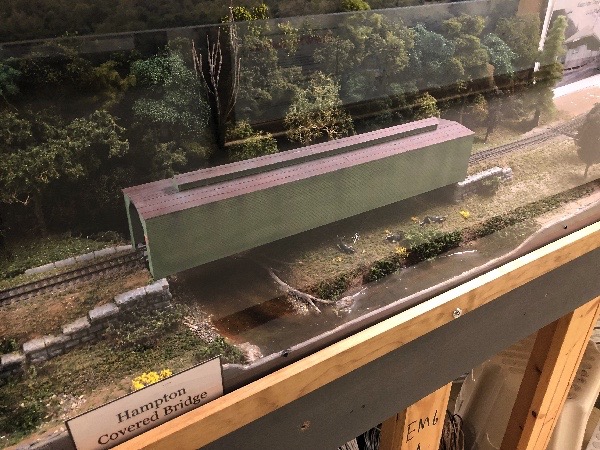
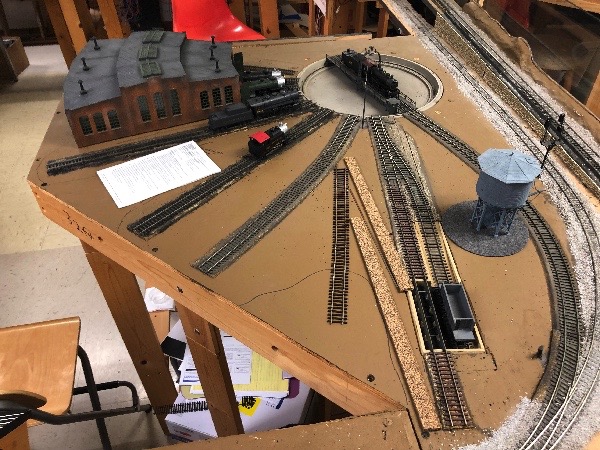
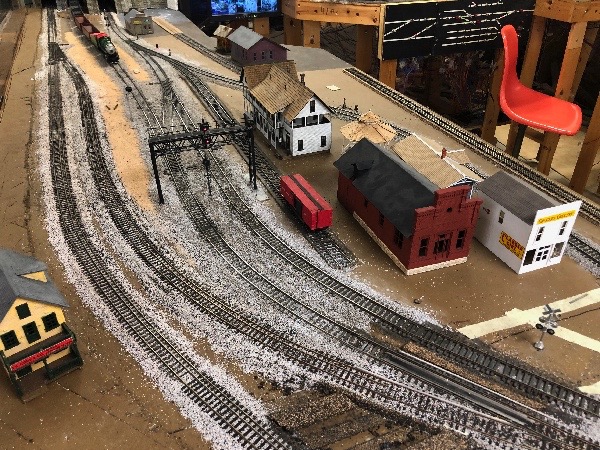
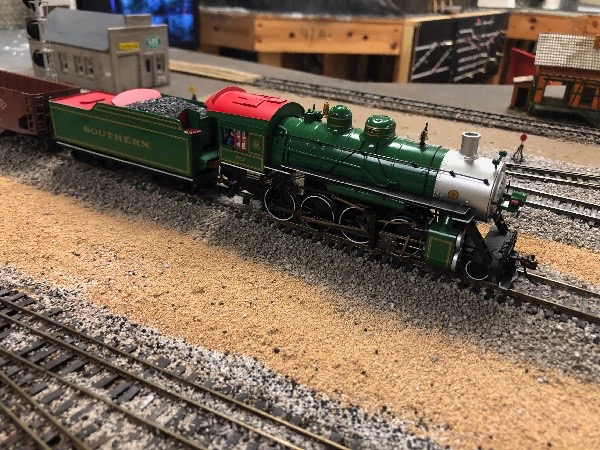
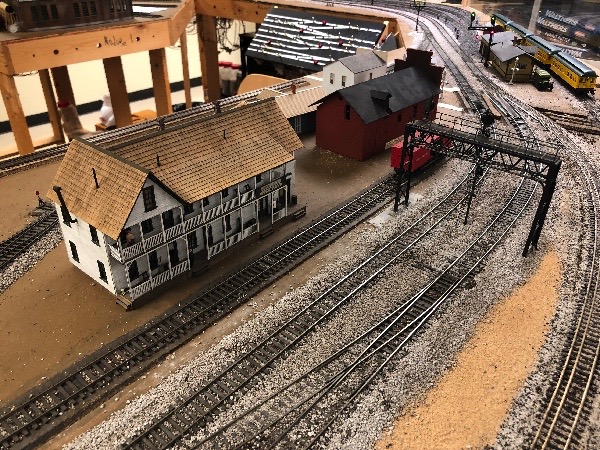
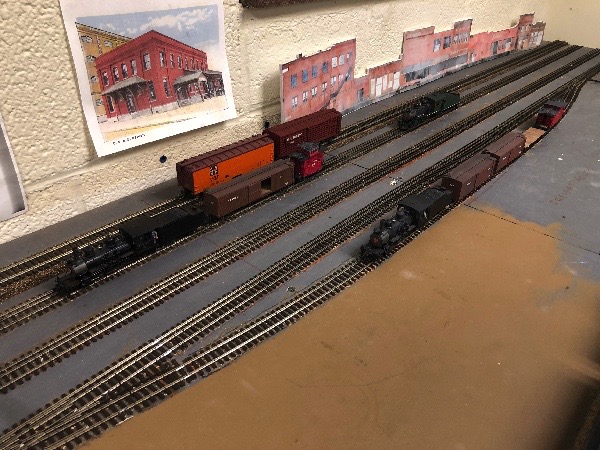
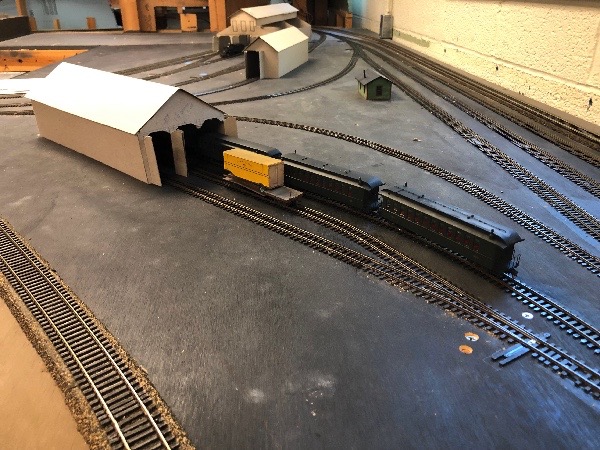
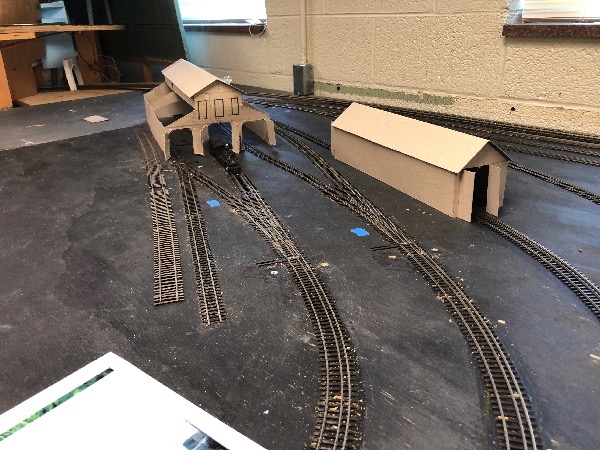
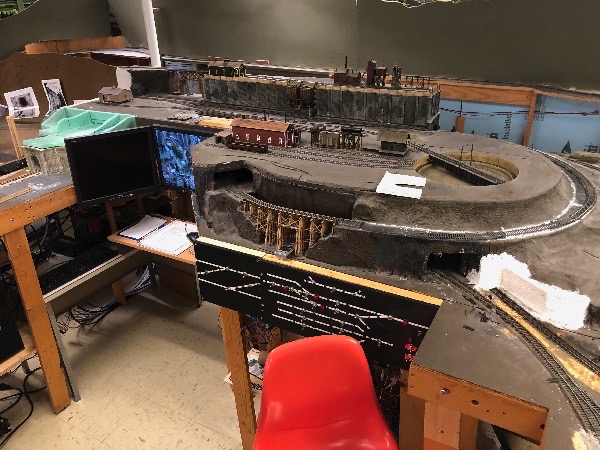
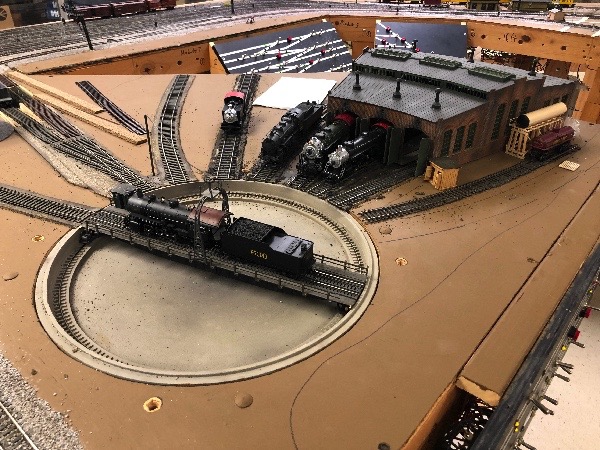
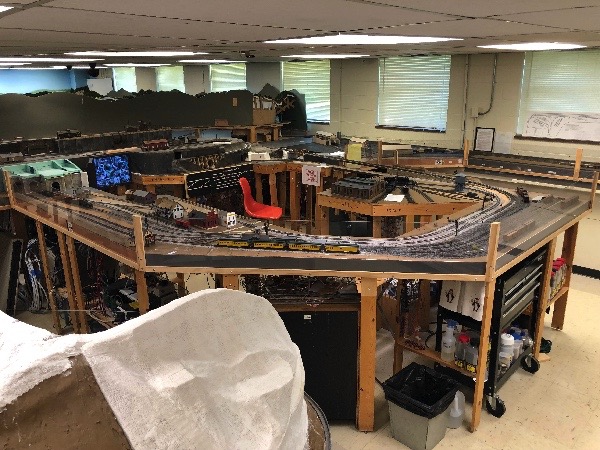
Jun 2019 / RWH
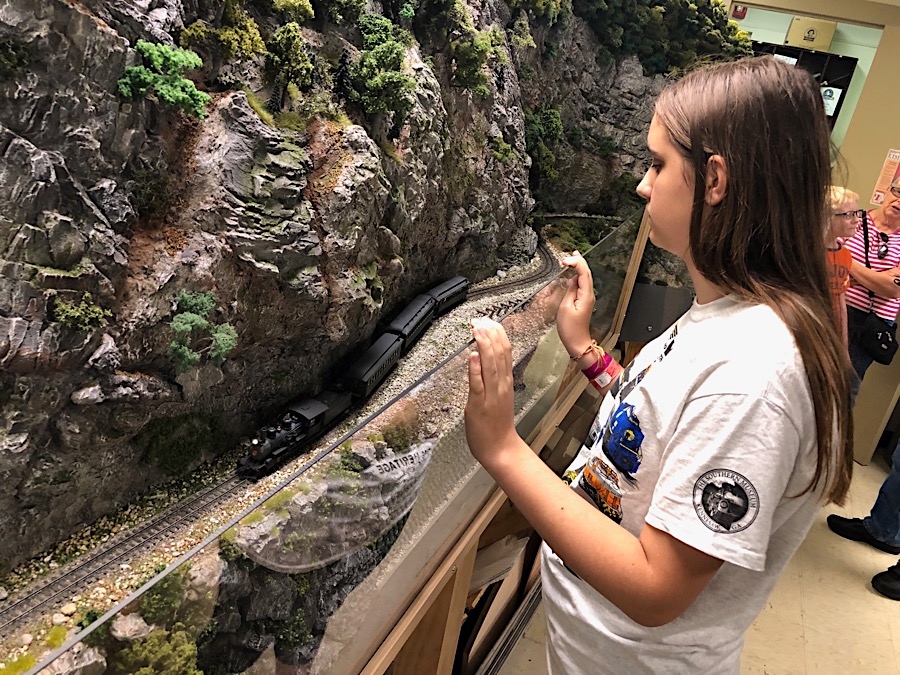
Jun 2019 / RWH
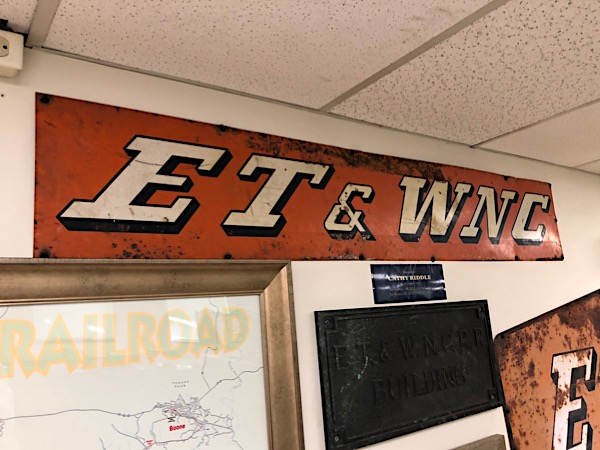
Jun 2019 / RWH
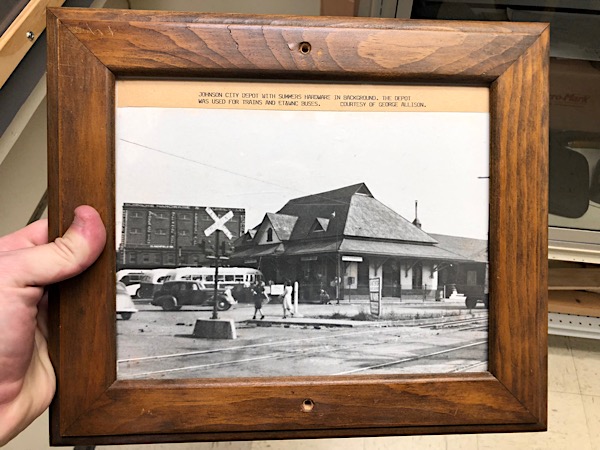
Jun 2019 / RWH
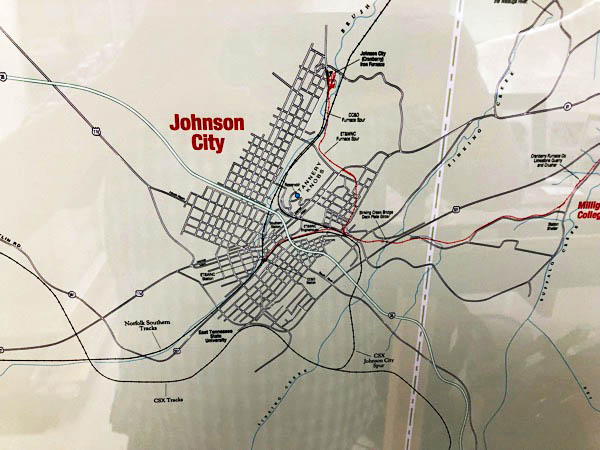
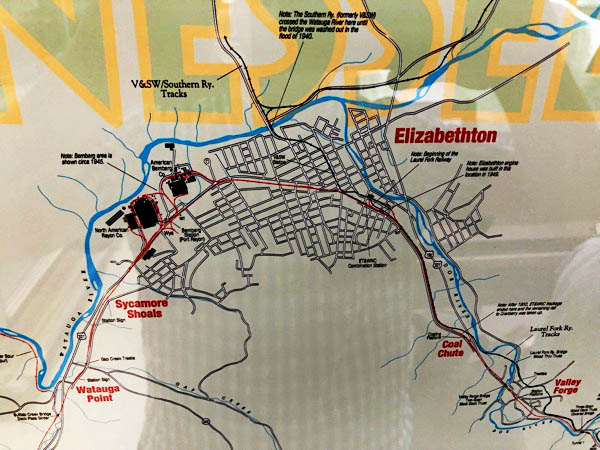
Jun 2019 / RWH
HO Modular Layout
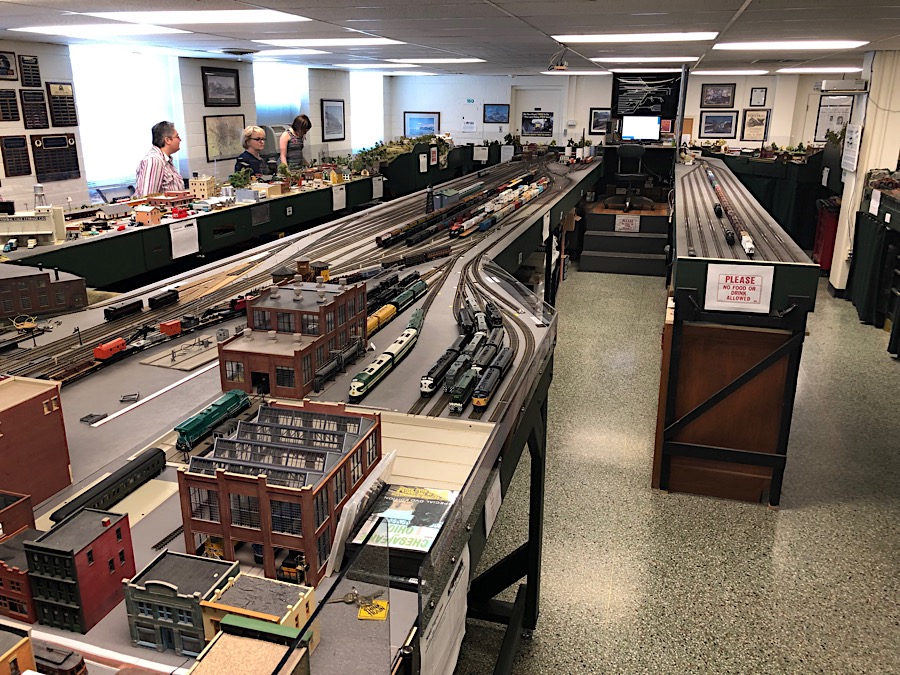
Jun 2019 / RWH
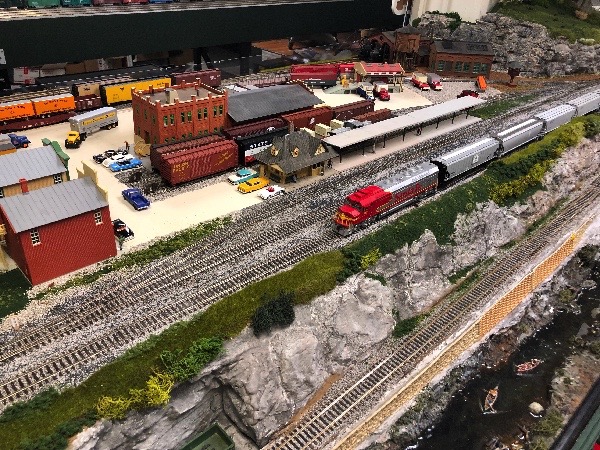
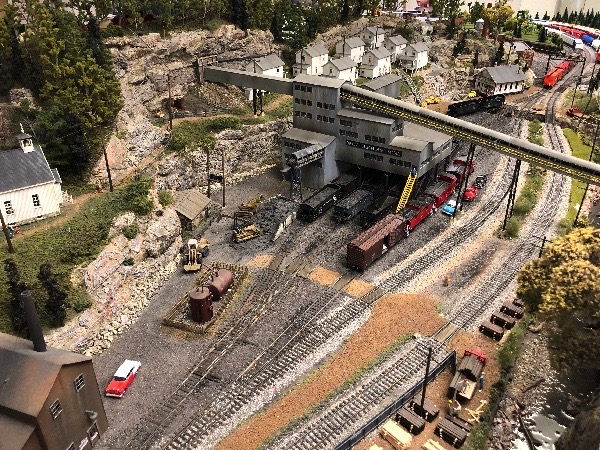
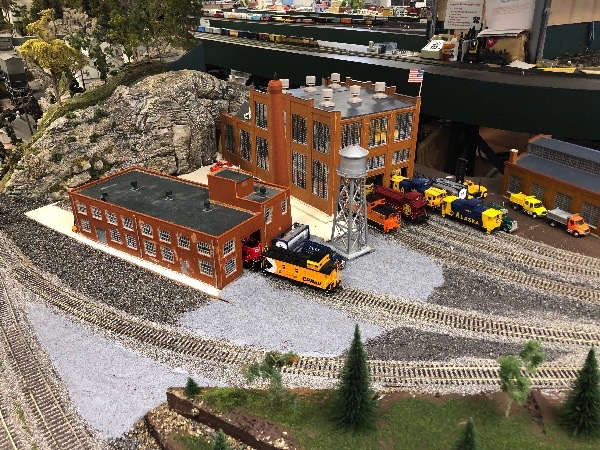
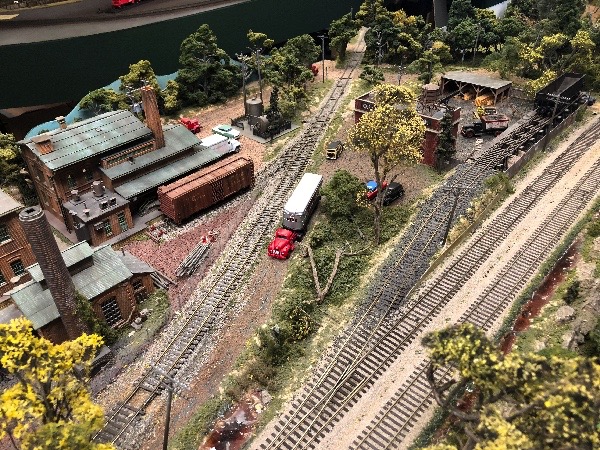
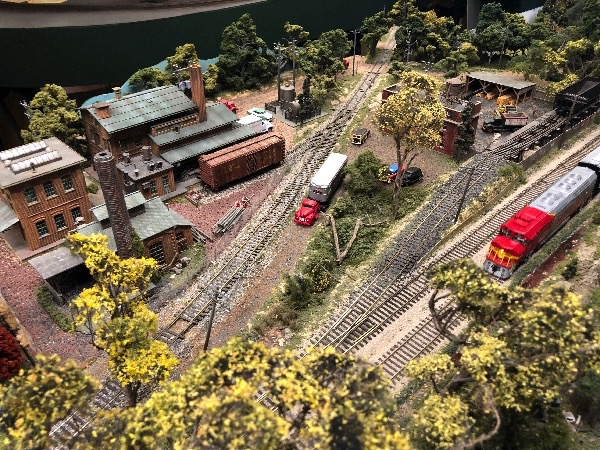
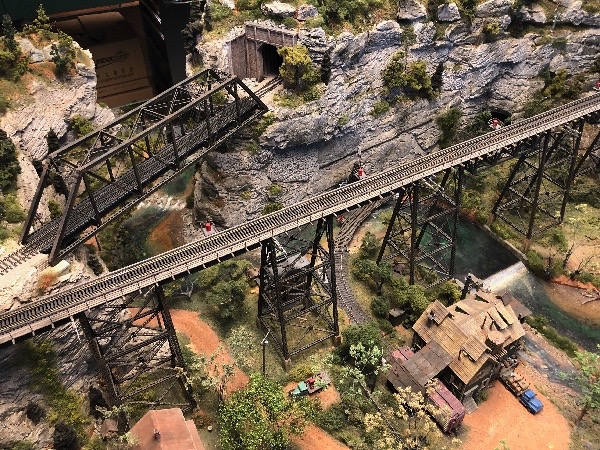
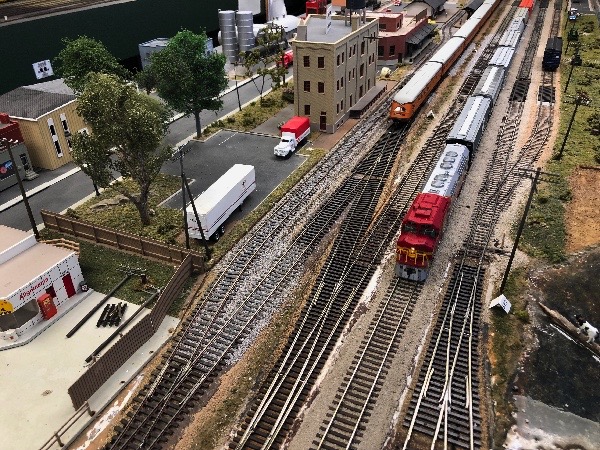
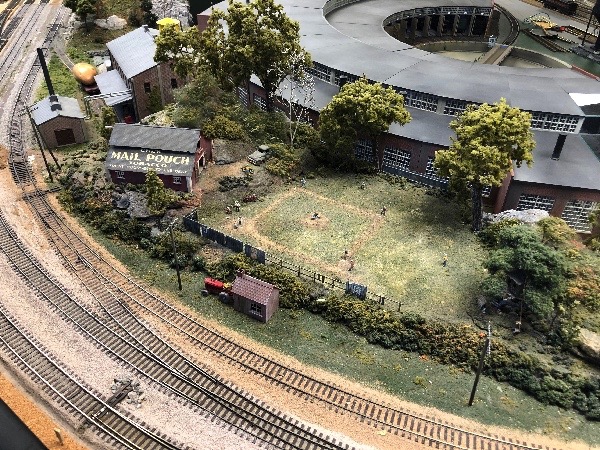
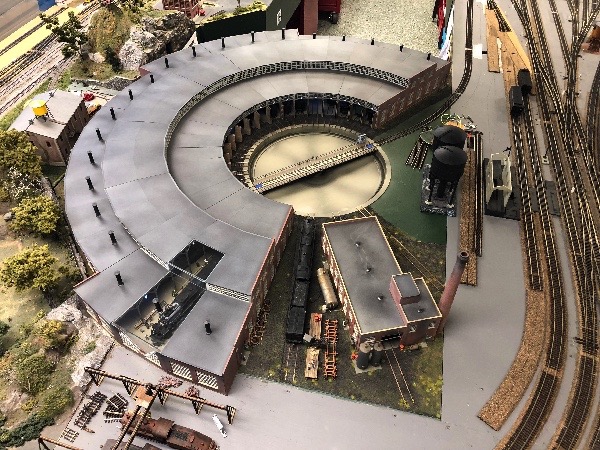
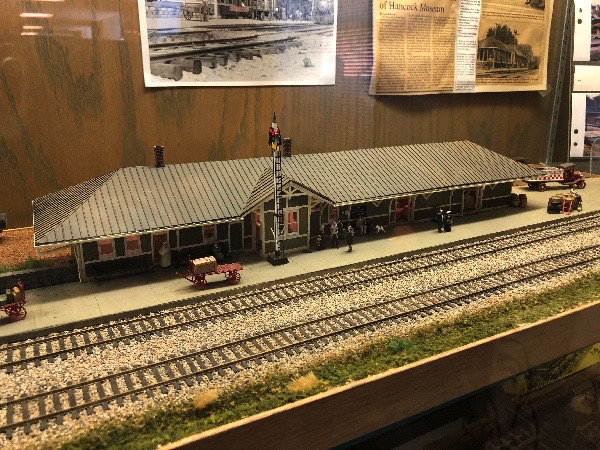
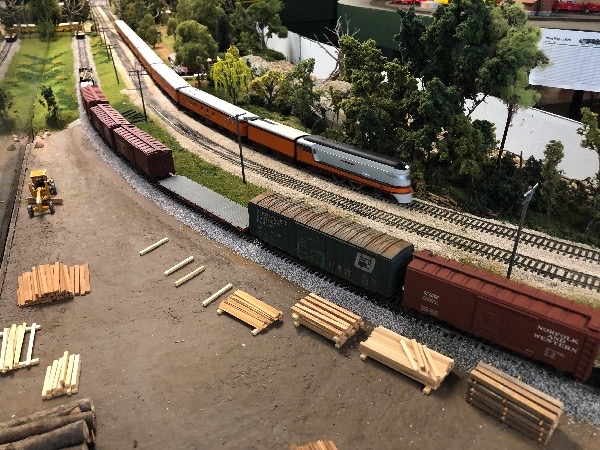
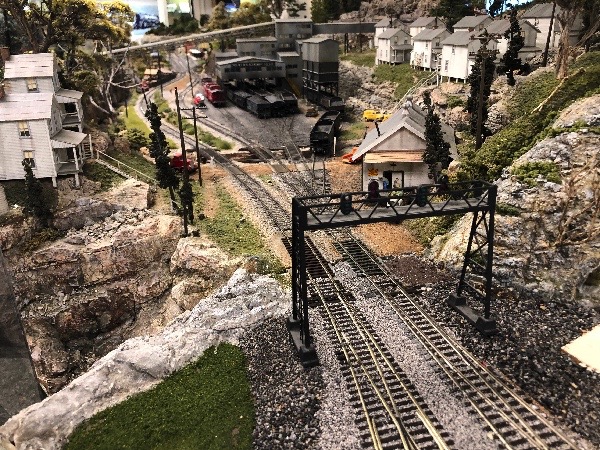
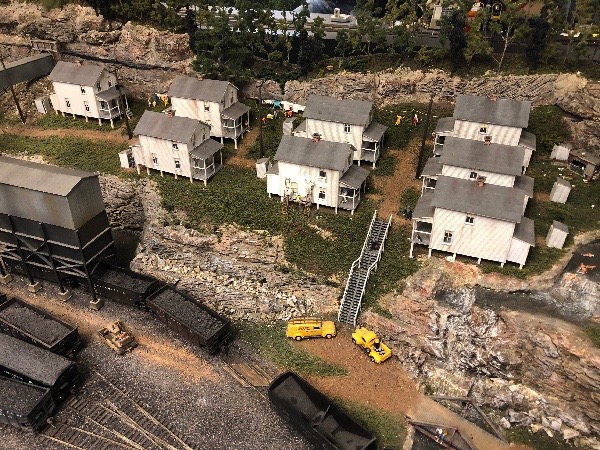
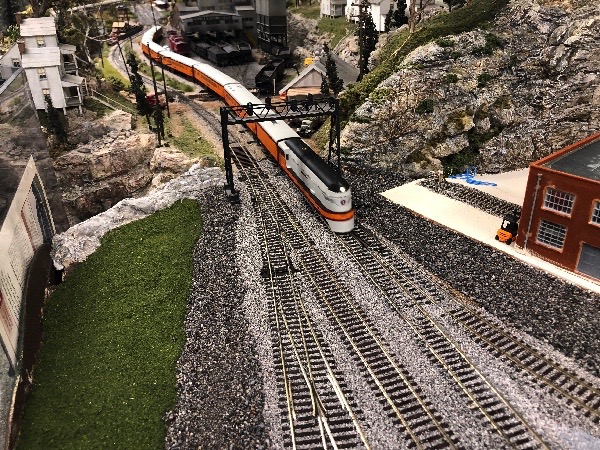
Jun 2019 / RWH
N Scale Layout
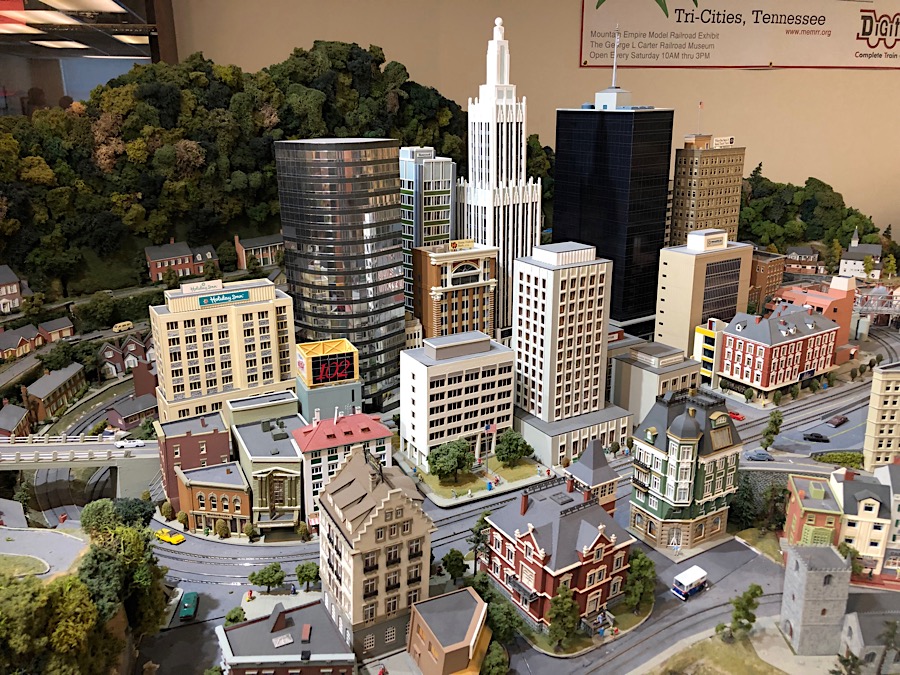
Jun 2019 / RWH
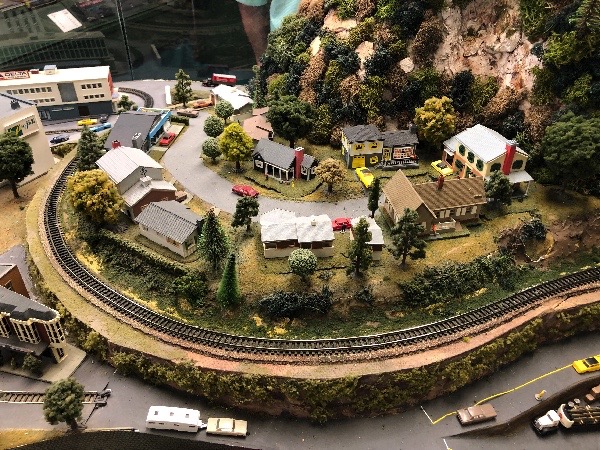
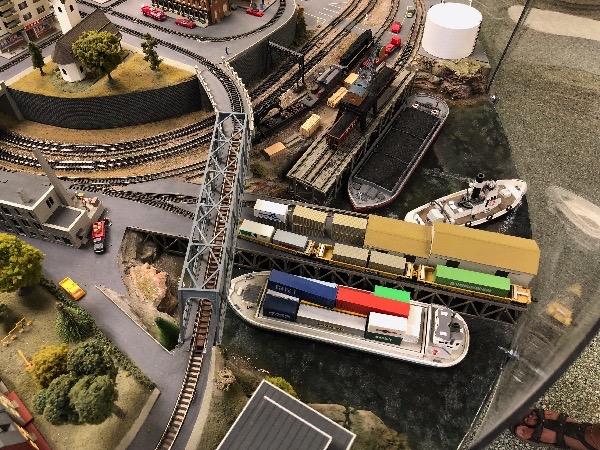
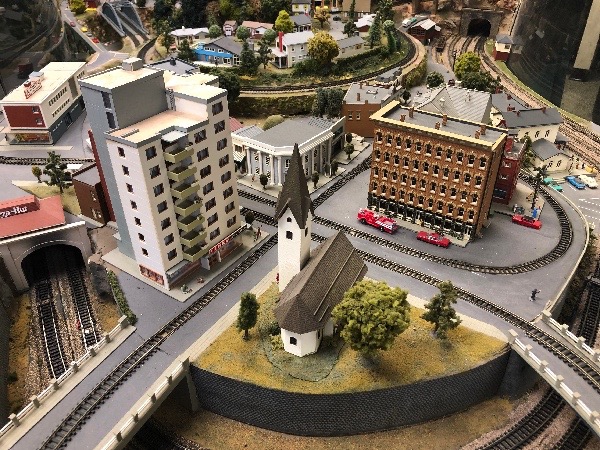
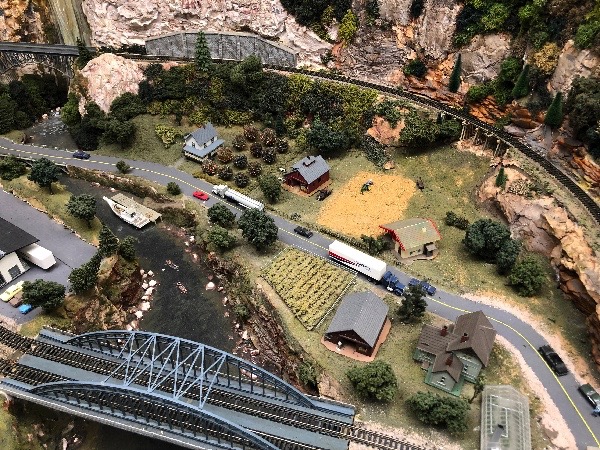
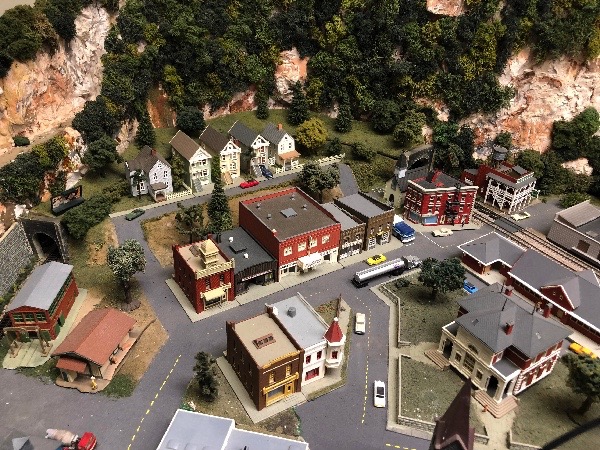
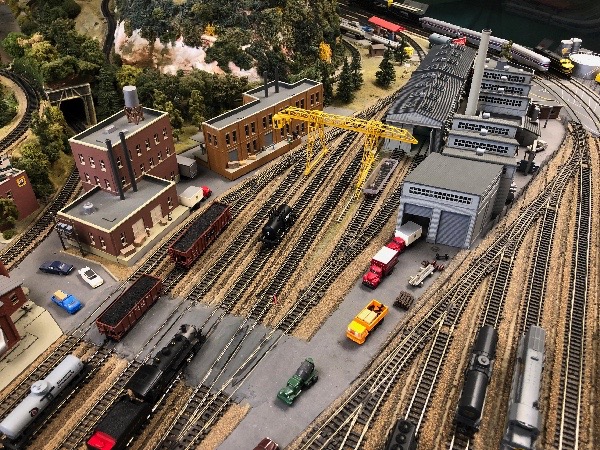
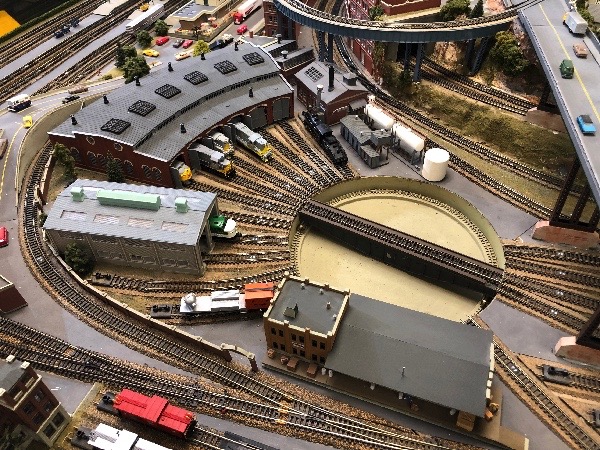
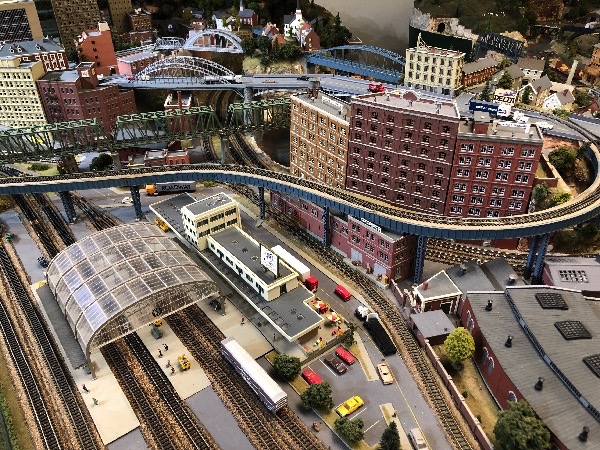
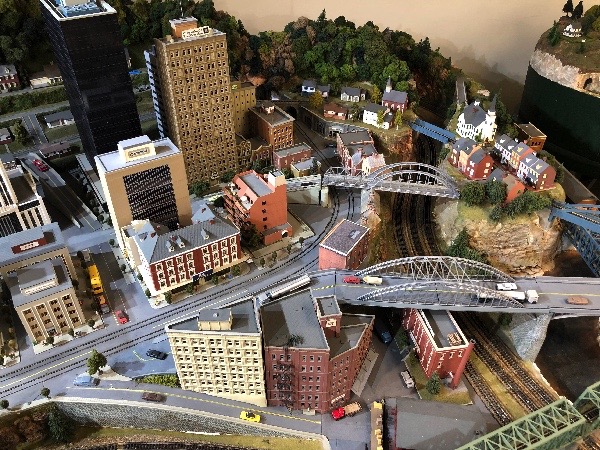
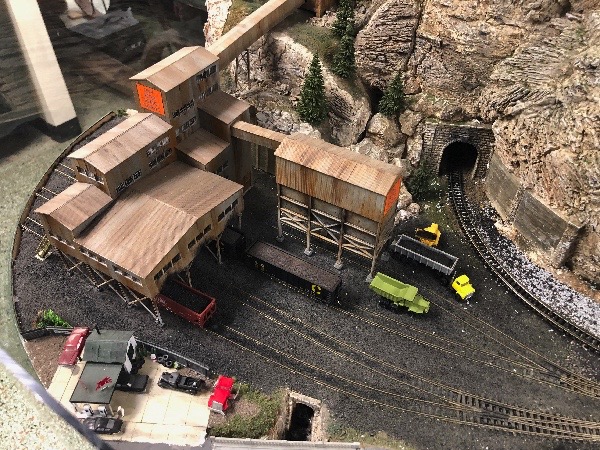
Jun 2019 / RWH
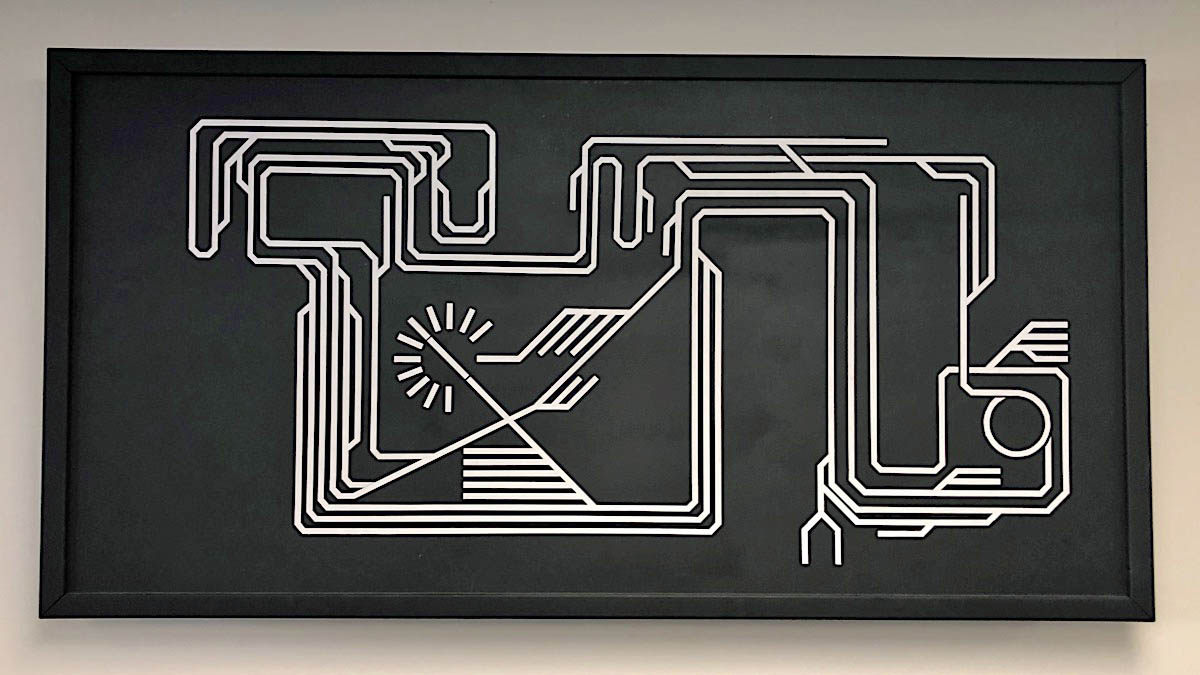
Jun 2019 / RWH
G Scale Layout
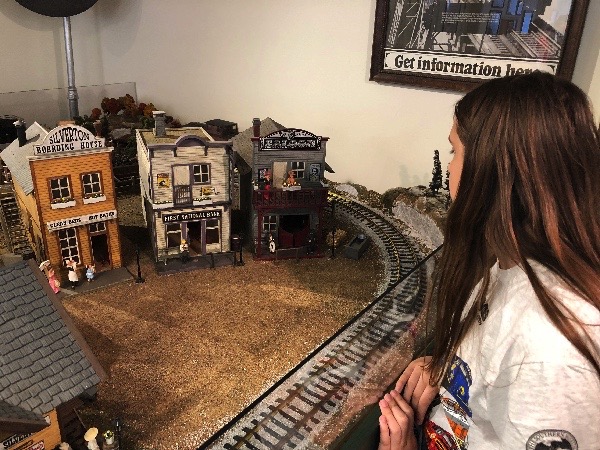

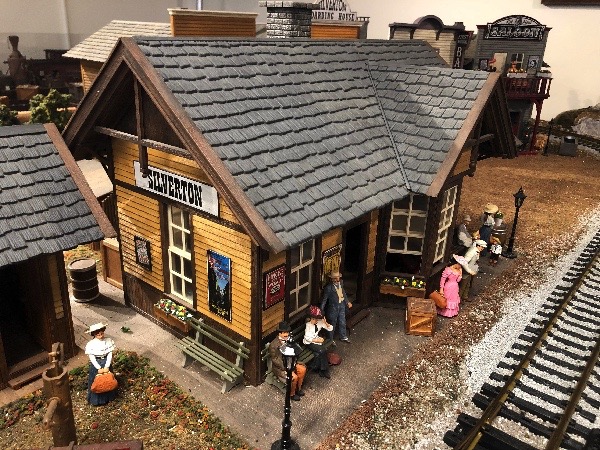
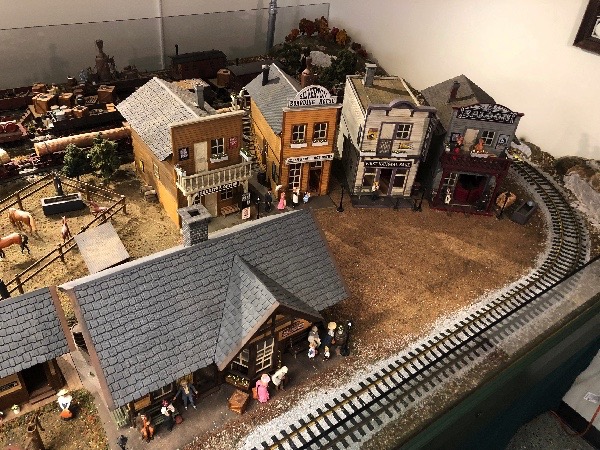
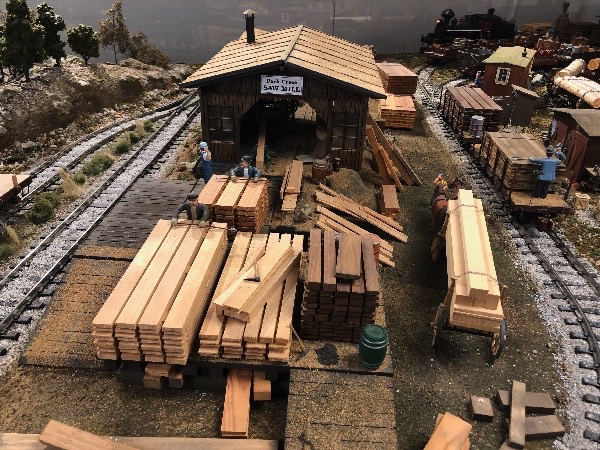
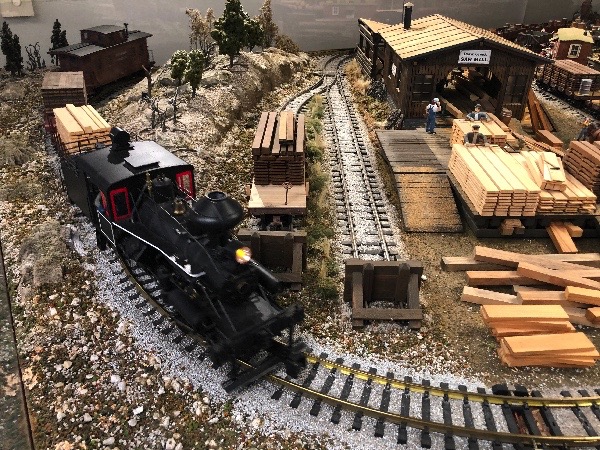
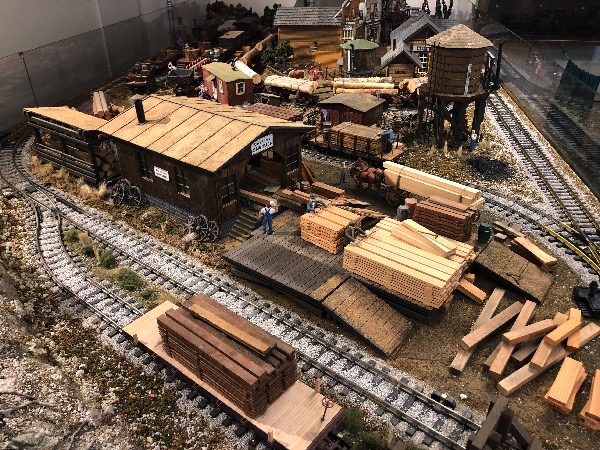
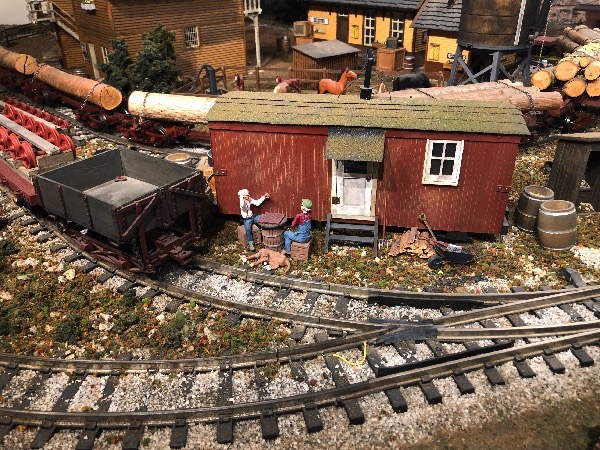
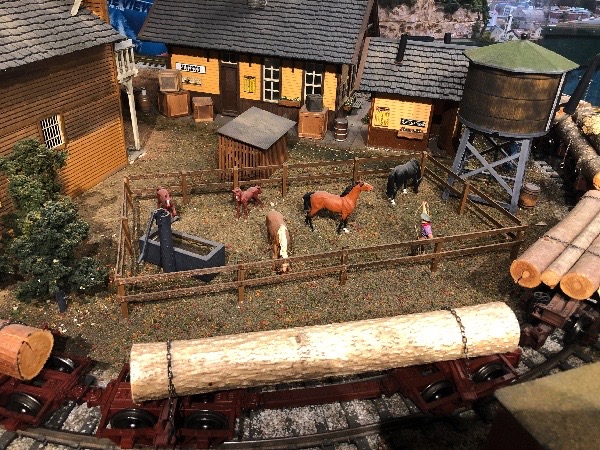
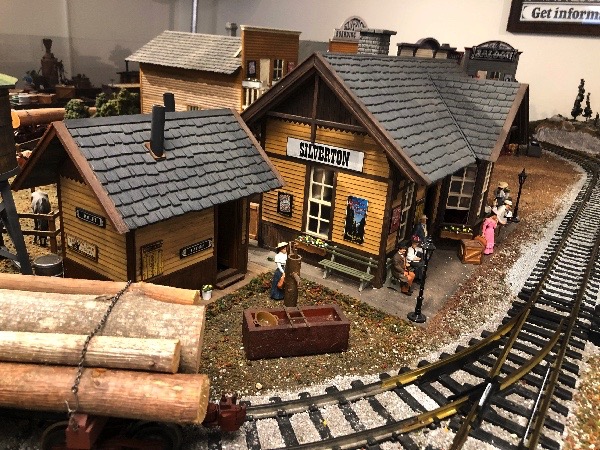
Jun 2019 / RWH
 Lagniappe
Lagniappe
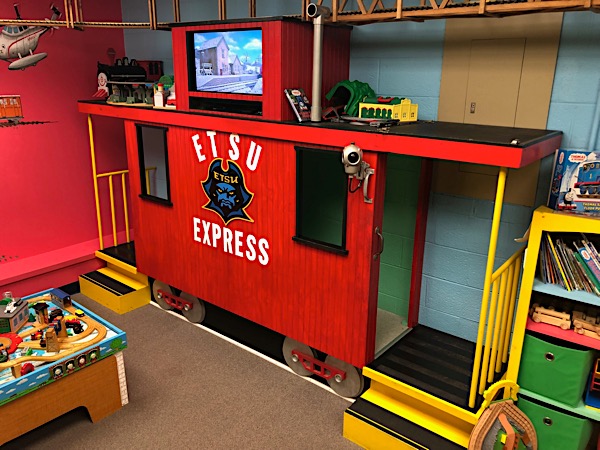
Jun 2019 / RWH
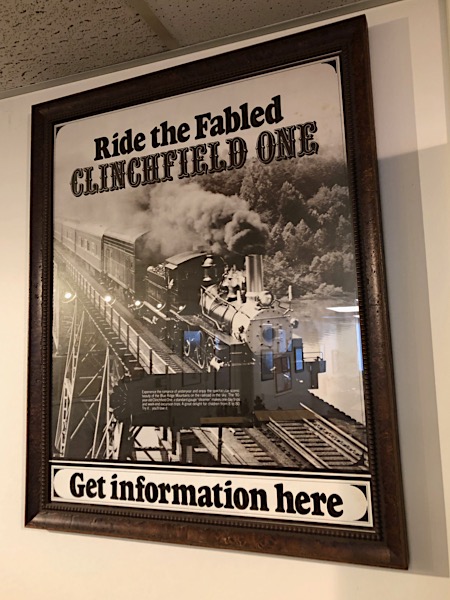
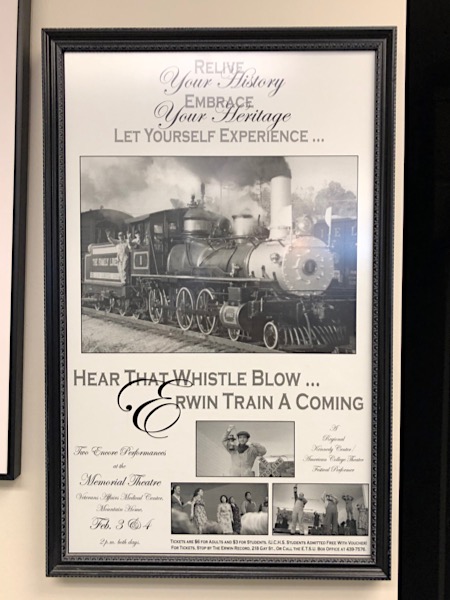
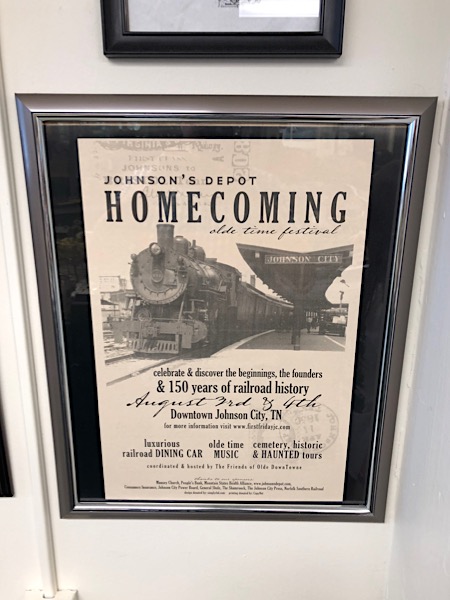
Jun 2019 / RWH
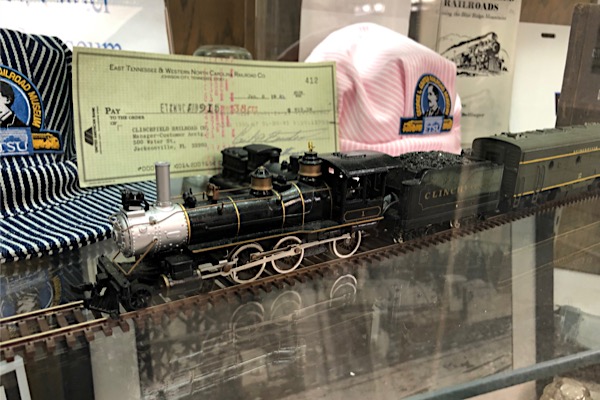
Jun 2019 / RWH
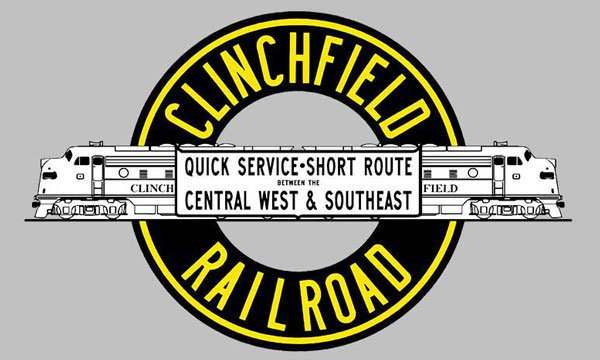

See more Clinchfield #1 photos in our Baltimore & Ohio Railroad Museum scrapbook in Preservation
 Snapshots
Snapshots
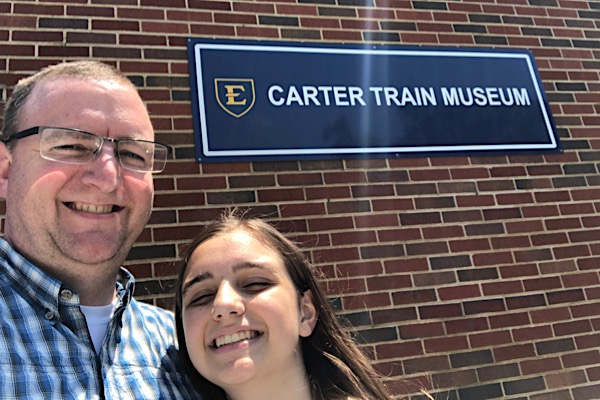
Jun 2019 / RWH
